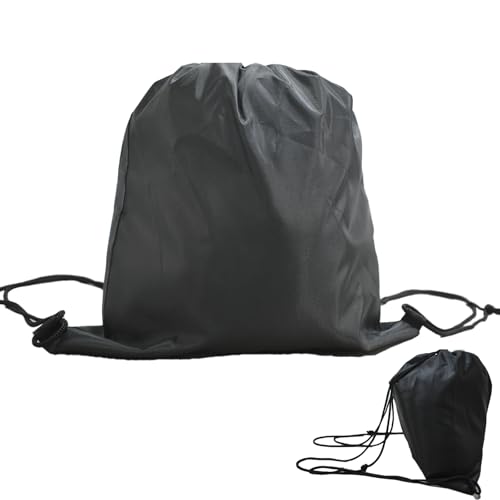Checkswrecks
Well-known member
Rather than provide a bunch of links, the answer is yes, there are some education-related study results that you can Google. There are also some really good presentations from Europe and Oregon. I'd still go back to the classic old MAIDS study (Clicky), which found:Sidenote; Have any studies been done into any corelations between accidents and education..
1. In 37% of cases, the primary accident contributing factor was a human error on the part of the PTW rider. In 13% of all cases, there was a decision failure on the part of the PTW rider.
2. Among the secondary contributing factors, PTW riders failed to see the other vehicle (OV) and they also made a large number of faulty decisions, i.e., they chose a poor or incorrect collision avoidance strategy.
4. In comparison to the exposure data, Unlicensed [AS IN: WITHOUT EDUCATION - BOB] PTW riders, illegally operating a PTW for which a licence is required, have a significantly increased risk of being involved in an accident.
5. PTW riders [AS IN: TYPICALLY MORE EXPERIENCED/EDUCATED - BOB] between 41 and 55 years of age were found to be under-represented, suggesting that they may have a lower risk of being involved in an accident when compared to other rider age categories.
6. When compared with the exposure data, 18 to 25 year old riders were found to be over-represented.
8. OV drivers holding PTW licenses were less likely to commit a perception failure than those without a PTW licence, i.e., they did not see the PTW or its rider.
The other thing you can look for is a European report that shows the benefits of their tiered licensing system. I haven't seen it in a couple of years, but it's got some really good comparison graphics between countries with the tiered scheme and those without.
Bob













